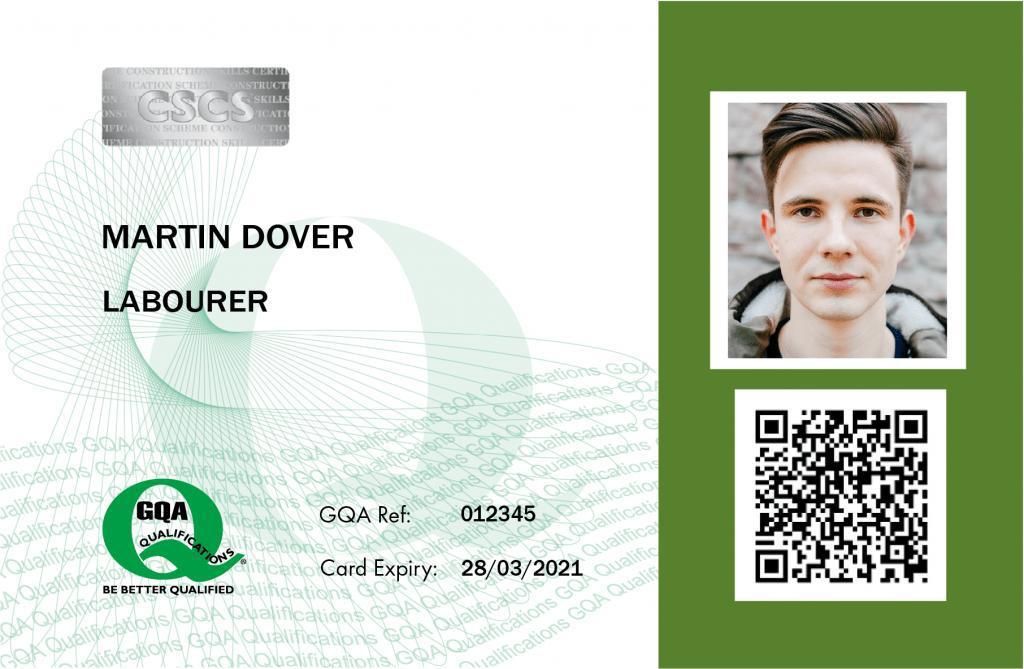
Influencing and Persuading with Emotional Intelligence
Course ID: 2505120101219ESH
Course Dates : 12/05/25 Course Duration : 5 Studying Day/s Course Location: London, UK
Language: Bilingual
Course Category: Professional and CPD Training Programs
Course Subcategories: Operations and Process Excellence
Course Certified By: ESHub CPD & LondonUni - Executive Management Training
* Professional Training and CPD Programs
Leading to:
Executive Diploma Certificate
Leading to:
Executive Mini Masters Certificate
Leading to
Executive Masters Certificate
Certification Will Be Issued From :
From London, United Kingdom
Course Fees: £5,120.30
Vat Not Included in the price. VAT may vary depending on the country where the course or workshop is held.
Click to Pay
Date has passed please contact us Sales@e-s-hub.com
Course Information
Introduction
In the competitive and complex environment of today's workplaces, the ability to influence and persuade others is an essential skill. However, the most effective leaders and professionals do not rely solely on logic and reasoning but understand the vital role that emotional intelligence (EI) plays in influencing decisions, driving collaboration, and fostering trust. Emotional intelligence involves the ability to recognize, understand, and manage emotions—both one's own and those of others. This competency is increasingly seen as a significant factor in personal and professional success. In this course, participants will explore how they can harness emotional intelligence to enhance their influence and persuasion abilities.
Emotional intelligence encompasses several key components, such as self-awareness, self-regulation, social awareness, and relationship management. Each of these areas plays a role in how individuals connect with others, respond to emotional cues, and build rapport. Understanding how to use EI to communicate effectively, resolve conflicts, and motivate others provides a competitive edge in leadership and negotiations. By mastering these principles, professionals can enhance their interpersonal effectiveness, ensuring that their ideas and viewpoints are received with openness and respect.
Influencing others isn't just about presenting compelling arguments or using persuasive tactics. It requires a deep understanding of the emotions and motivations that drive human behavior. Emotional intelligence offers the framework for identifying emotional triggers and navigating social dynamics, enabling individuals to respond with empathy, insight, and strategy. This course will guide participants through a series of practical tools and techniques for improving their ability to influence and persuade, both in one-on-one interactions and larger group settings.
One of the key aspects of this course is learning how to recognize and manage your own emotional responses. Being able to stay calm, composed, and positive in challenging situations enhances one's ability to influence outcomes. Furthermore, understanding the emotions of others helps individuals craft messages and approaches that resonate deeply with their audience. Whether in a leadership role, a team setting, or a client-facing environment, EI can be a powerful tool for achieving successful outcomes in a range of professional contexts.
Over the five days of this course, participants will engage in experiential learning, where theory is combined with practical exercises to strengthen their emotional intelligence and persuasion skills. They will learn to recognize emotional cues, adjust their behavior in response to different interpersonal dynamics, and build stronger, more trusting relationships. These insights will empower participants to create meaningful connections and become more effective influencers in both formal and informal settings.
The course also emphasizes the importance of ethical influencing. Participants will explore how to use their emotional intelligence responsibly, ensuring that their efforts to persuade others are based on honesty, integrity, and respect for diverse viewpoints. By the end of this course, participants will have a comprehensive toolkit for influencing and persuading with emotional intelligence, enhancing their leadership capabilities and their professional relationships.
Objectives
By attending this course, participants will be able to:
Understand and apply the key principles of emotional intelligence to improve interpersonal effectiveness.
Recognize the emotional dynamics at play in influencing and persuading others.
Develop strategies to manage their own emotions and reactions in high-pressure situations.
Leverage emotional intelligence to enhance communication and build rapport in professional settings.
Apply ethical persuasion techniques that promote trust, transparency, and collaboration.
Use emotional intelligence to navigate complex negotiations, resolving conflicts and aligning diverse interests.
Who Should Attend?
This course is ideal for:
Managers and leaders at all levels who wish to enhance their influence and leadership effectiveness.
Professionals in sales, marketing, and client-facing roles looking to improve their persuasion and negotiation skills.
HR professionals and coaches who aim to develop their emotional intelligence and interpersonal skills.
Anyone interested in building stronger, more positive relationships in the workplace and beyond.
Individuals seeking to better understand and navigate the emotional dynamics in their professional interactions.
Training Method
• Pre-assessment
• Live group instruction
• Use of real-world examples, case studies and exercises
• Interactive participation and discussion
• Power point presentation, LCD and flip chart
• Group activities and tests
• Each participant receives a 7” Tablet containing a copy of the presentation, slides and handouts
• Post-assessment
Program Support
This program is supported by:
* Interactive discussions
* Role-play
* Case studies and highlight the techniques available to the participants.
Daily Agenda
Daily Schedule (Monday to Friday)
- 09:00 AM – 10:30 AM Technical Session 1
- 10:30 AM – 12:00 PM Technical Session 2
- 12:00 PM – 01:00 PM Technical Session 3
- 01:00 PM – 02:00 PM Lunch Break (If Applicable)
- Participants are expected to engage in guided self-study, reading, or personal reflection on the day’s content. This contributes toward the CPD accreditation and deepens conceptual understanding.
- 02:00 PM – 04:00 PM Self-Study & Reflection
Please Note:
- All training sessions are conducted from Monday to Friday, following the standard working week observed in the United Kingdom and European Union. Saturday and Sunday are official weekends and are not counted as part of the course duration.
- Coffee and refreshments are available on a floating basis throughout the morning. Participants may help themselves at their convenience to ensure an uninterrupted learning experience Provided if applicable and subject to course delivery arrangements.
- Lunch Provided if applicable and subject to course delivery arrangements.
Course Outlines
Introduction to Emotional Intelligence and Influence
Overview of Emotional Intelligence and its impact on professional relationships.
The key components of emotional intelligence: self-awareness, self-regulation, social awareness, and relationship management.
Understanding the role of EI in communication and influence.
Recognizing the emotional triggers that affect decision-making and behavior.
Day 2:
Self-Awareness and Self-Regulation for Effective Influence
Developing self-awareness: understanding your emotions, strengths, and areas for improvement.
Techniques for regulating emotions and staying composed under pressure.
The impact of emotional self-regulation on influencing others.
Practical exercises to enhance self-awareness and emotional control in real-life situations.
Day 3:
Social Awareness and Empathy in Persuasion
The role of empathy in influencing and persuasion.
Recognizing the emotional cues and needs of others.
Developing active listening skills to enhance interpersonal relationships.
Using emotional intelligence to understand diverse perspectives and build rapport.
Day 4:
Relationship Management and Ethical Persuasion
Building trust and credibility through emotional intelligence.
Understanding the balance between influence and manipulation: ethical persuasion techniques.
Managing conflicts and difficult conversations using emotional intelligence.
Case studies on resolving conflicts and building strong, lasting relationships.
Day 5:
Practical Application of EI in Influence and Persuasion
Applying emotional intelligence in team settings and leadership roles.
Strategies for influencing without authority and navigating organizational politics.
Persuasion in negotiations: using EI to align interests and achieve win-win outcomes.
Final role-playing exercises to integrate learning and practice new skills in realistic scenarios.



















































